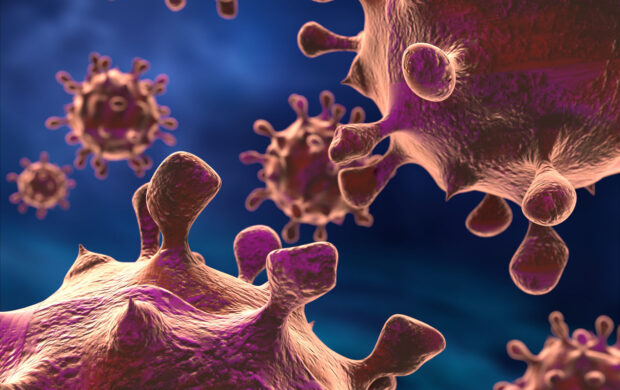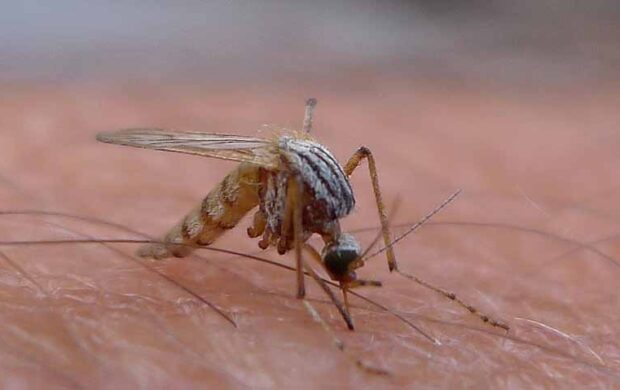A 49 year old woman from Pennsylvania was recently hospitalised with an infection that the last resort antibiotic Colistin was unable to treat. Researchers studied a sample of her urine and found that the bacteria were carrying a gene called MCR-1, which confers resistance to Colistin.

Colistin was largely phased out in the 1970s due to its harsh side-effects, but in the face of increased antibacterial resistance it has once again found favour. Because resistance to Colistin is generally thought to be extremely rare, doctors often turn to it when all other antibiotics have proven to be ineffective.
MCR-1 was first identified in a swine infection in China in late 2015. MCR-1 is plasmid-borne, which means it can transfer onto different types of bacteria with ease. Healthcare professionals were keen to monitor its spread and have been scouring through samples for any sign. It has already been located in the UK, Africa, South America, parts of Asia, and now the USA.













